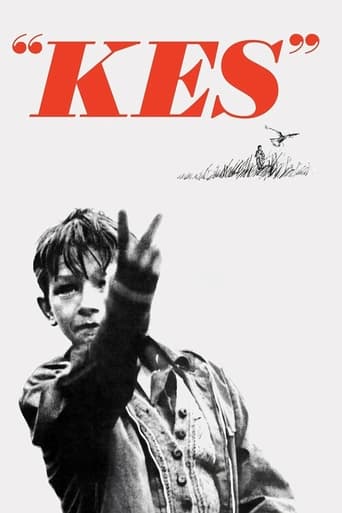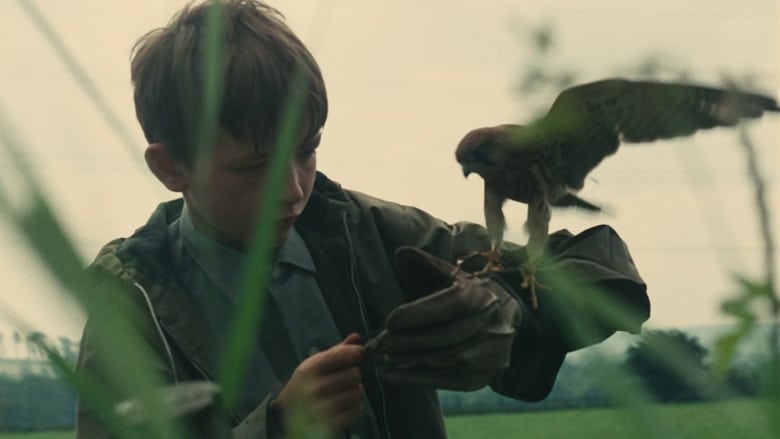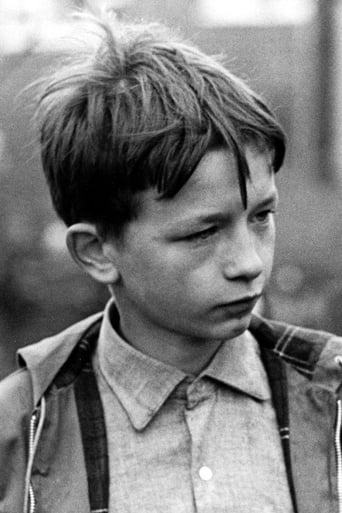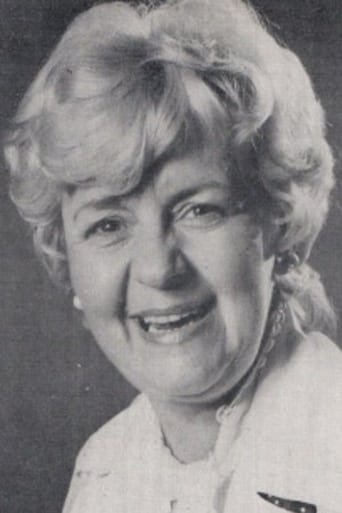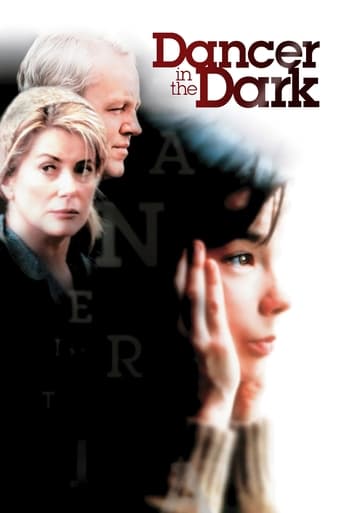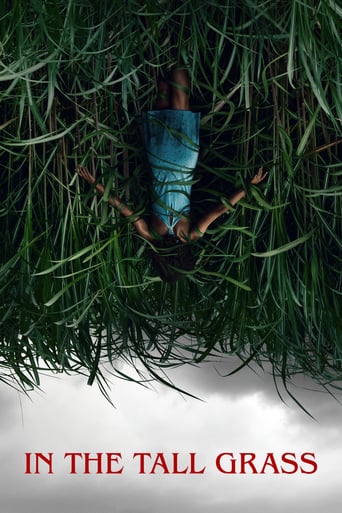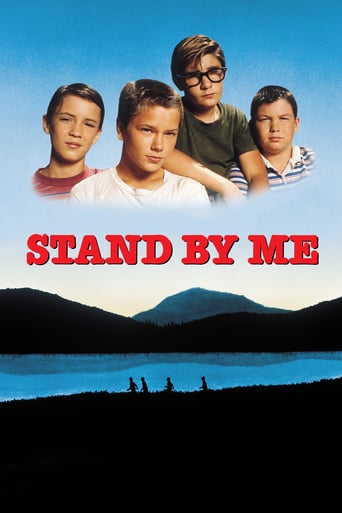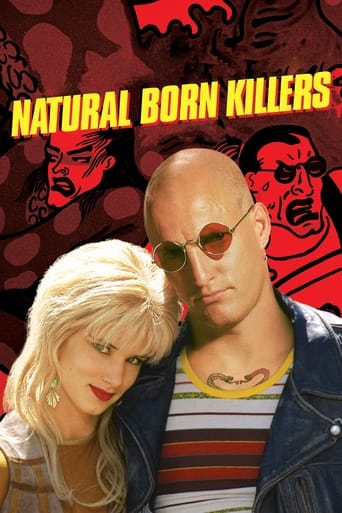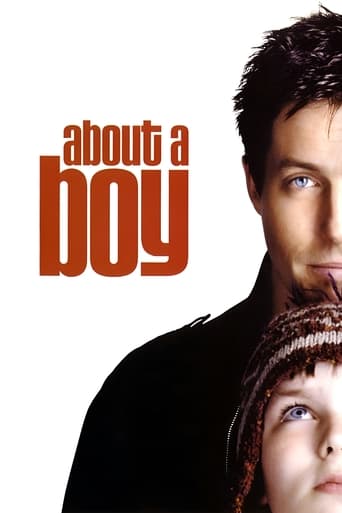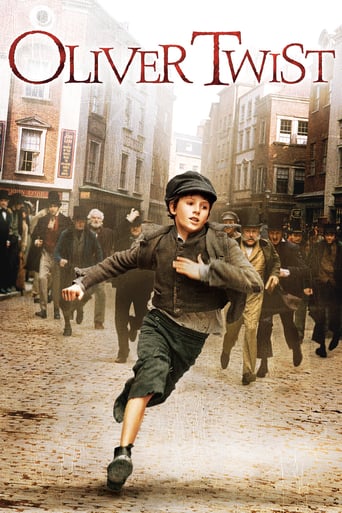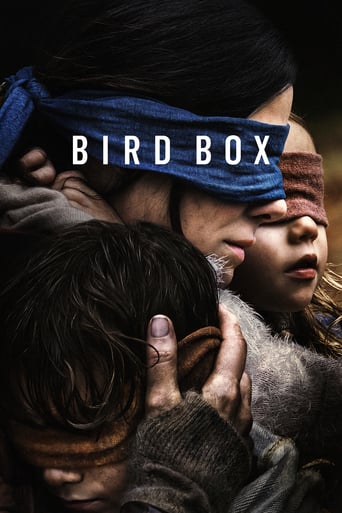Kes (1970)
Bullied at school and ignored and abused at home by his indifferent mother and older brother, Billy Casper, a 15-year-old working-class Yorkshire boy, tames and trains his pet kestrel falcon whom he names Kes. Helped and encouraged by his English teacher and his fellow students, Billy finally finds a positive purpose to his unhappy existence—until tragedy strikes.
Watch Trailer
Cast


Similar titles
Reviews
Best movie of this year hands down!
An Exercise In Nonsense
There are moments that feel comical, some horrific, and some downright inspiring but the tonal shifts hardly matter as the end results come to a film that's perfect for this time.
The movie really just wants to entertain people.
I couldn't understand the actions so I'm going to have to watch the whole movie in subtitles.The film tries to shy away from cute with a gritty atmosphere.David Bradley plays the cute little boy in this heart-warming, heart-breaking flick. He was so memorable that I just wanted to meet this character. The Yorkshire accent isn't distinct between some actors. But David Bradley was the standout as he gave an incredible performance as Billy for a child. But the director, besides some exceptional directing, could've picked better actors to make the characters more distinct.The screenplay is very predictable, talky and quite clichéd as the boy adventures and goes through these hard times such as students bullying kids and the religious element of going to church, which bring the movie down but if you get pass these, it's a great movie.Even if it may not be heavy in subject matters, I still don't think that kids can sit through this unless they're maybe 12, which you can tell the movie is not marketed at. Otherwise, it's an underrated and memorable film. It's a sad film if not too sad.There is swearing, nudity and stealing from the boy in this, which isn't memorable.
This is a small, perfectly formed jewel of a film. Growing up in a similar small town, at the same time, in the north of England, I can vouch for its authenticity. The scenes and dialogue are very true to life: the paper round, morning assembly, the ordeal in the headmaster's office. The scrap in the playground, the fags behind the gym. Certainly I knew plenty of young lads like Billy Casper, though probably the circumstances weren't quite as grim as depicted - nobody I knew had to share a bed with an ogre of an older brother. The film is beautifully shot, with wonderful use of natural lighting, and very effective marrying of images to music. There are some great performances too: Brian Glover and Colin Welland have rightly passed into legend for their depiction of two very different teachers. Of course David Bradley is unforgettable, and dominates the story. The film has seeped into the consciousness of the group of friends I grew up with, and resonates still. Don't be put off by the subject matter; there are plenty of funny moments and overall the effect is to uplift the spirit.
Kes is your archetypal social realist film, set in a working class mining town in Yorkshire. The film focuses on the life of a young boy Billy Casper and his day-to-day struggles both at home and school.Billy is presented as being mischievous and deceptive. Frustrating his teachers at school by disrupting classes and daydreaming. When he's at home, his brother Jud bullies him while his mother spares no real affection for him at all. He seems to be a child in need of salvation - with little self esteem and the gradual realisation of his inevitable future working down the coal mine. When he finds a kestrel nesting in a nearby farm, he takes it and returns home to care for it. He steals a book on falconry from a local book store and starts training the bird each day.The Kestrel sparks a passion in Billy, and provides a sense of meaning in his otherwise bleak world. This passion is realised in a scene where Billy is given the chance to talk about his bird in English class. He captivates the room with his stories about 'kes' and we finally see a positive focus for Billy and his future seems a little more hopeful.As you might expect, a gritty northern realist film doesn't end on an up note. Billy's brother Jud kills Billy's bird because he spent Jud's money for the horse racing on food for Kes. Billy is shown burying his bird in the final scene - and what becomes of Billy from this point on is unknown. The film gives an honest portrait of the social circumstances at that time, with a generation of children not having their potential realised. With believable and raw performances all round, Kes is still an affecting and powerful British film.
"If black boxes survive air crashes, why don't they make the whole plane out of that stuff?" - George Carlin Ken Loach's "Kes", now regarded as one of the last classics of the British New Wave, tells the tale of Billy Caspter, a 13 year old kid living in the working class town of Barnsley.Billy, bullied by his mother, older brother, teachers and schoolmates, mopes about Loach's film with a look of perpetual gloom. Haggard and forlorn, Billy sees no hope in his present or future life. Society itself seems to have dismissed him as a "hopeless case", destined to work at local coal mines.Despite the world kicking him down, and despite living in a town which gives him no avenues to creatively channel his energies, Billy manages to develop a passion for birds. As such, he captures and tames a wild kestrel and teaches it to obey his commands. One of the film's best moments involves Billy, a tiny, fragile looking kid, being forced to stand up in front of his school classroom and relate something interesting about his life. Nervously he tells his teacher and schoolmates about his bird. They look at him with wonder and amazement. How can this little kid be smart, patient and dedicated enough to tame a wild animal?And that, admittedly quite naively, is the theme of the film: society doesn't give the poor and the down-trodden the chance to surprise the world and make something of themselves, Loach's kestrel, and its eventual death, symbolising a kind of social predestination in which the individual's wings are clipped before he's given the chance to fly. It's a self-fulfilling prophecy: the impoverished and the marginalized are treated in such a way as to become as they are viewed.Loach was known for these types of social realist films, tackling issues like abortion in "Up The Junction" (1965) and homelessness in "Cathy Come Home" (1966). Like most British film-makers of the time (Lindsay Anderson, Tony Richardson, John Schlesinger etc), the intention here is to angrily point fingers, give a voice to the working-class and demonize social ills until things change. Whilst Loach's contemporaries would lose this idealism, he's held his ground for over half a century.8.5/10 - A simple tale which seems to resonate across all cultures, every country in the world having an internationally well-loved film like this in their local canon. Consider, for example, France's "The 400 Blows", India's "Pather Panchali" and Iran's "Where is the friend's home?"

